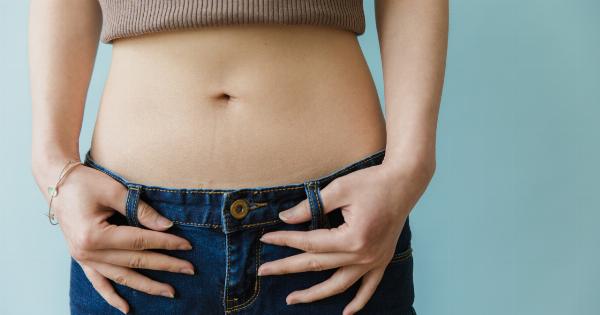Excessive salivation or drooling in children isn’t usually a problem, but it can be unpleasant and embarrassing. It is common in babies and young children, and most often, it is nothing to worry about.
However, in some cases, it can be due to underlying medical conditions that require attention and treatment. It is important to understand what causes excessive salivation in children to address it effectively. In this article, we will explore the underlying causes of excessive salivation in children.
Normal Salivation
Before understanding the causes of excessive salivation, it is important to understand what is normal salivation in children. Salivation is a natural process of the body that keeps the mouth moist.
Salivary glands present in the mouth produce and secrete saliva, which contains enzymes and other substances that aid in the digestion of food. Children produce more saliva than adults, and drooling is common in babies and young children, especially during teething or when they are excited or tired.
Causes of excessive salivation
Excessive salivation can be due to a variety of reasons. Below are some of the common causes of excessive salivation in children:.
Teething
Teething is one of the common causes of excessive salivation in children. It usually happens when the baby’s teeth start to come through the gums.
Additional drooling can be due to mouth irritation caused by rubbing of the tongue against the gums or the new teeth.
Infections
Infections in the mouth or throat can lead to excessive salivation. Common infections include colds, flu, tonsillitis, and strep throat.
Allergies
Allergies to certain foods or environmental allergens can cause excessive salivation in children. Common allergens that can cause this problem include peanuts, milk, eggs, pollen, and dust mites, among others.
Gastrointestinal issues
Gastrointestinal issues such as reflux and gastroenteritis can cause increased salivation in children. Reflux happens when stomach acid flows back into the esophagus, while gastroenteritis is an inflammation of the gastrointestinal tract.
Both can cause mouth irritation, leading to excessive salivation.
Neurological issues
Children with neurological problems such as cerebral palsy and Down’s syndrome tend to produce more saliva than other children.
This is because these conditions affect the muscles in the mouth, making it difficult for them to swallow effectively, leading to drooling or excessive salivation.
Medications
Some medications can cause excessive salivation in children. Common medications include antidepressants, antipsychotics, and drugs used to treat seizures.
Dental issues
Dental issues, such as an overbite or underbite, can cause excessive salivation in children. These conditions can affect the way the child’s mouth functions, leading to excessive drooling.
Dehydration
Dehydration caused by not drinking enough fluids or excessive sweating can cause the body to produce more saliva to keep the mouth moist. This can lead to excessive salivation.
Psychological reasons
Children who are anxious, stressed, or fearful may produce more saliva, leading to excessive drooling or salivation.
Treatment
The treatment of excessive salivation depends on the underlying cause. Below are some of the common treatments:.
Home remedies
Simple home remedies, such as wiping the child’s mouth regularly, keeping a towel handy, or encouraging the child to swallow frequently, can help manage excessive drooling.
Medications
If the excessive salivation is due to medication use, the doctor may prescribe an alternative medication that does not cause this problem.
Dental surgeries
If the excessive salivation is due to dental issues, the child may need to undergo surgery to correct the problem.
Medications
If the excessive salivation is due to an underlying medical condition, the doctor may prescribe appropriate medication to manage the condition.
Summary
Excessive salivation in children can be due to a variety of reasons, including teething, infections, allergies, gastrointestinal issues, neurological issues, medications, dental issues, dehydration, and psychological reasons.
Understanding the underlying cause of excessive salivation is important to manage it effectively.



























